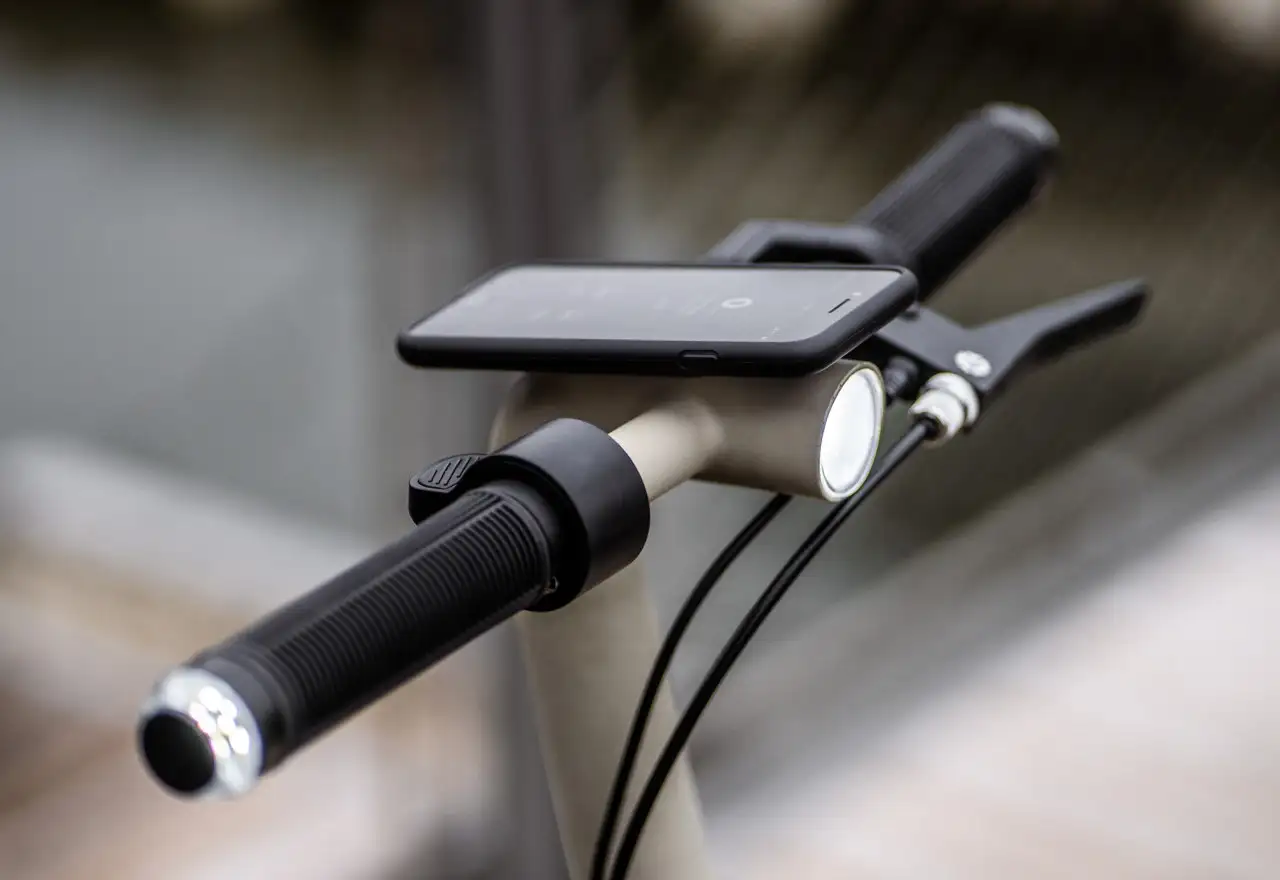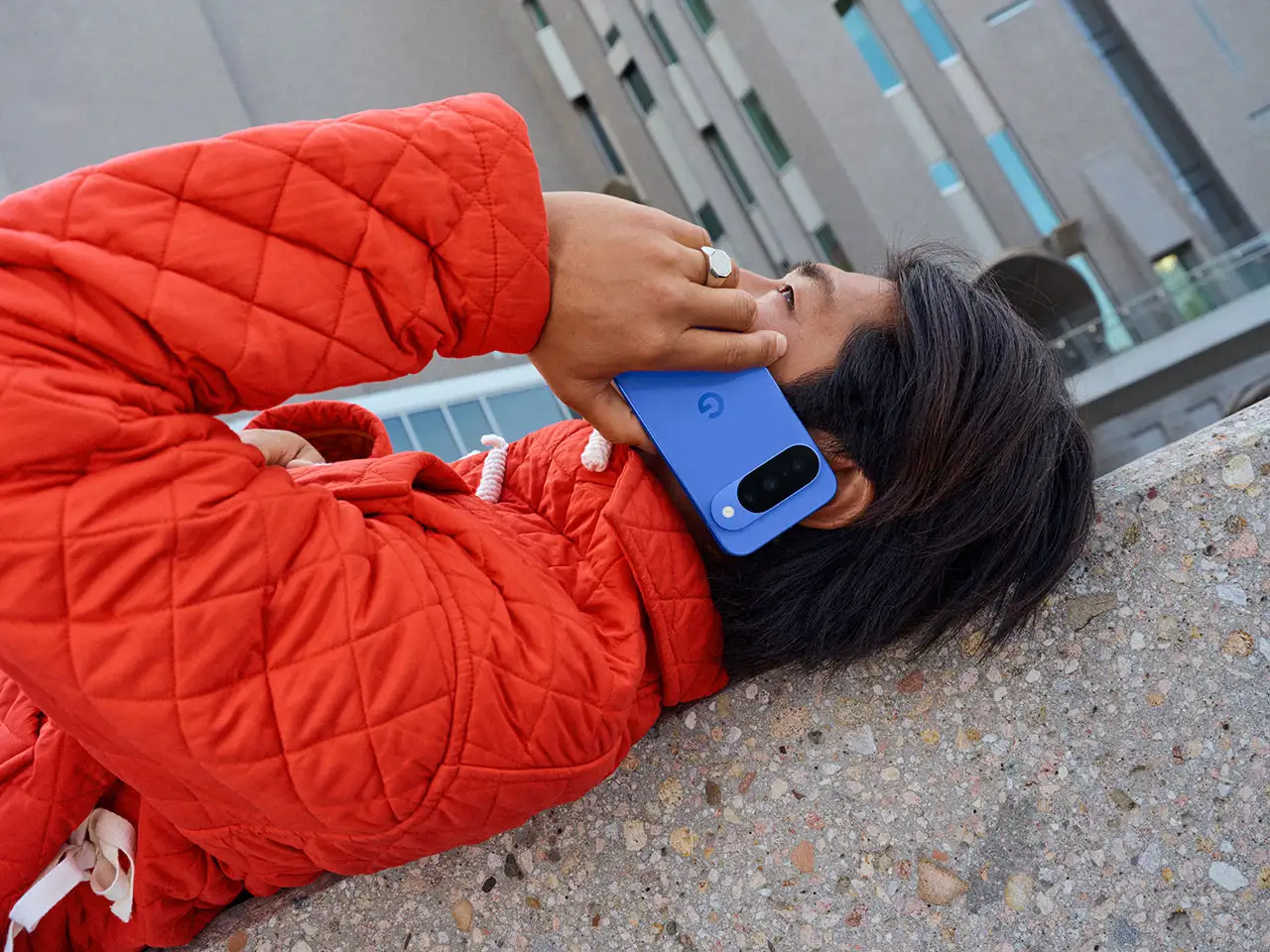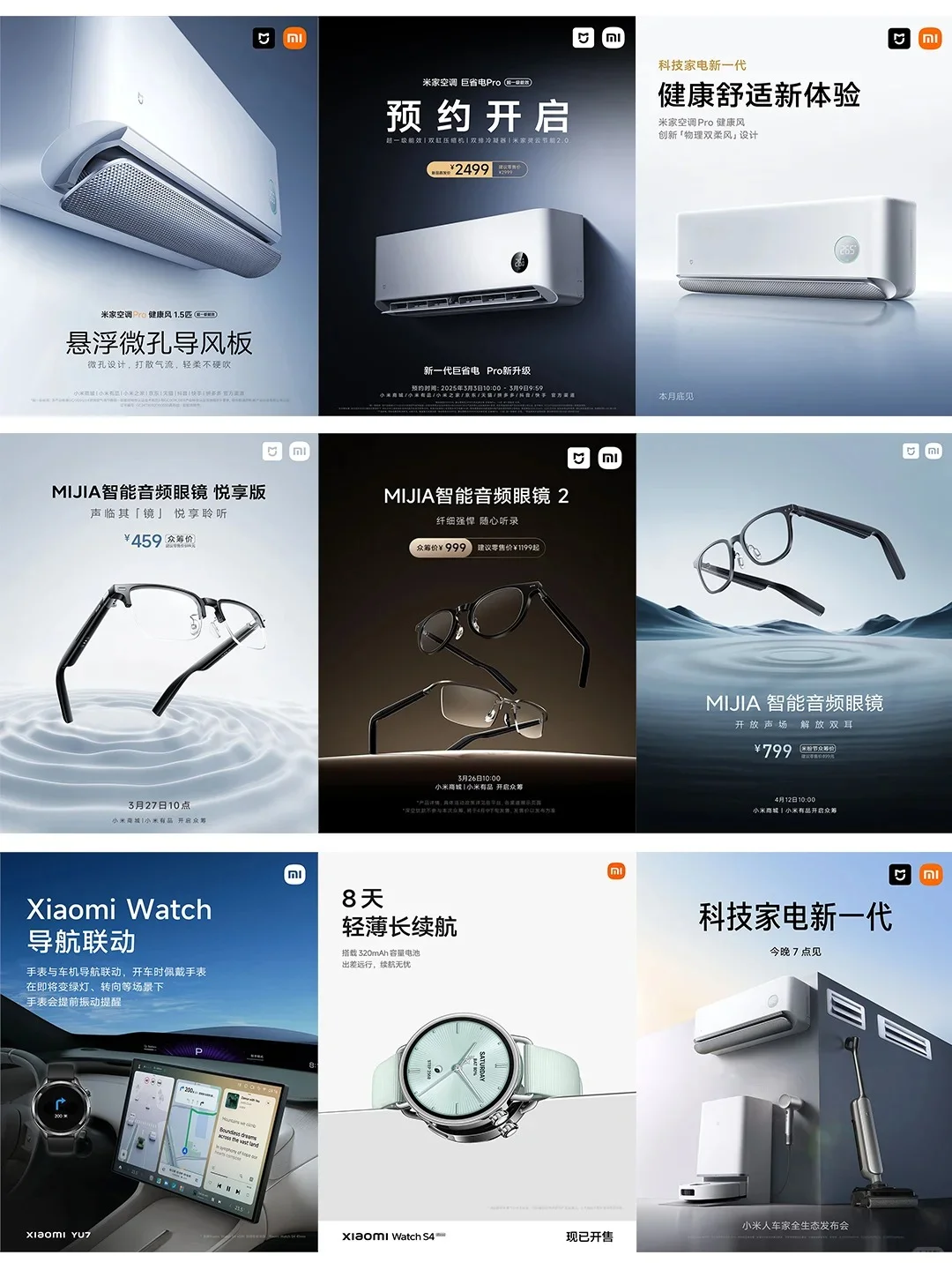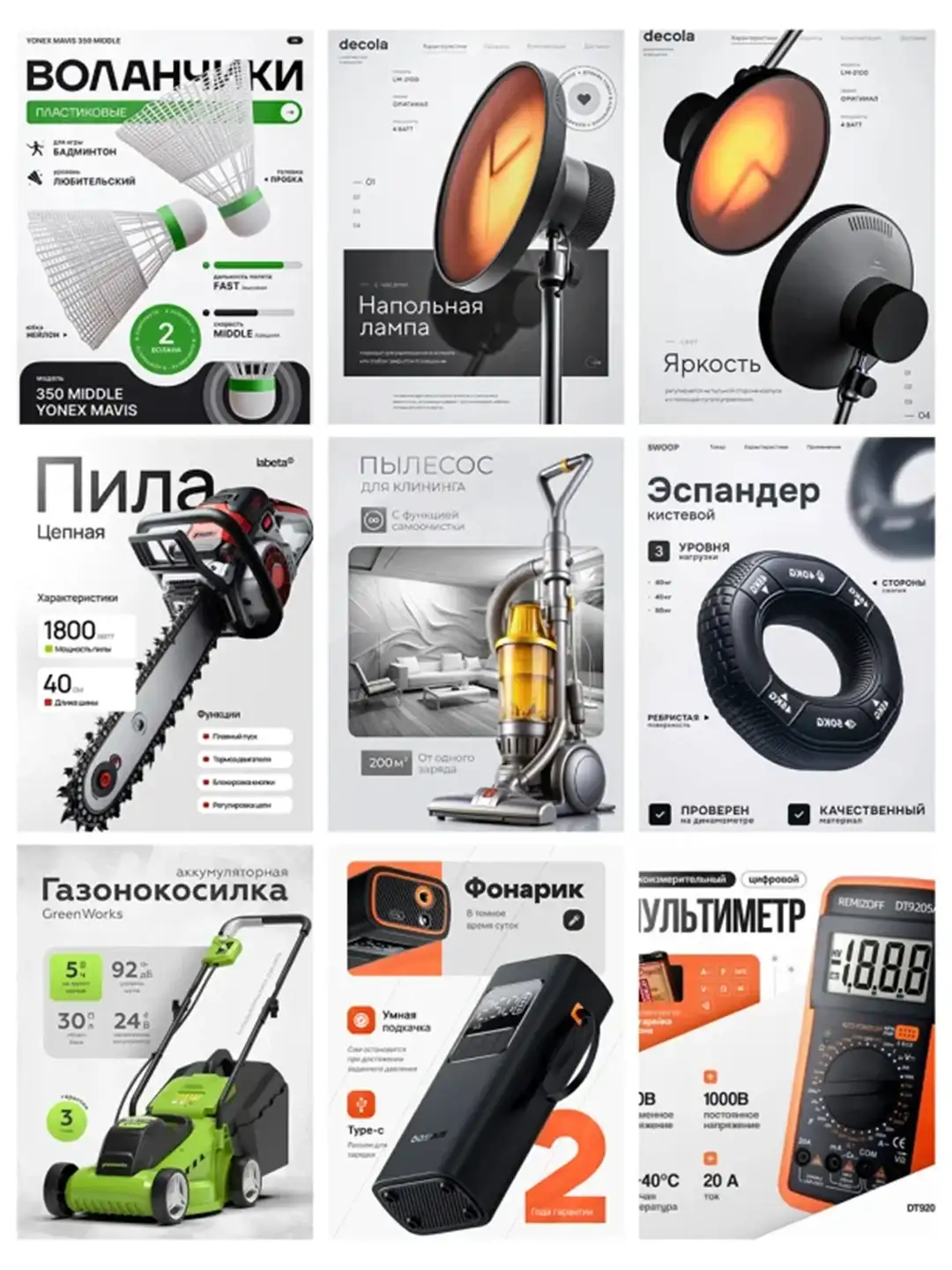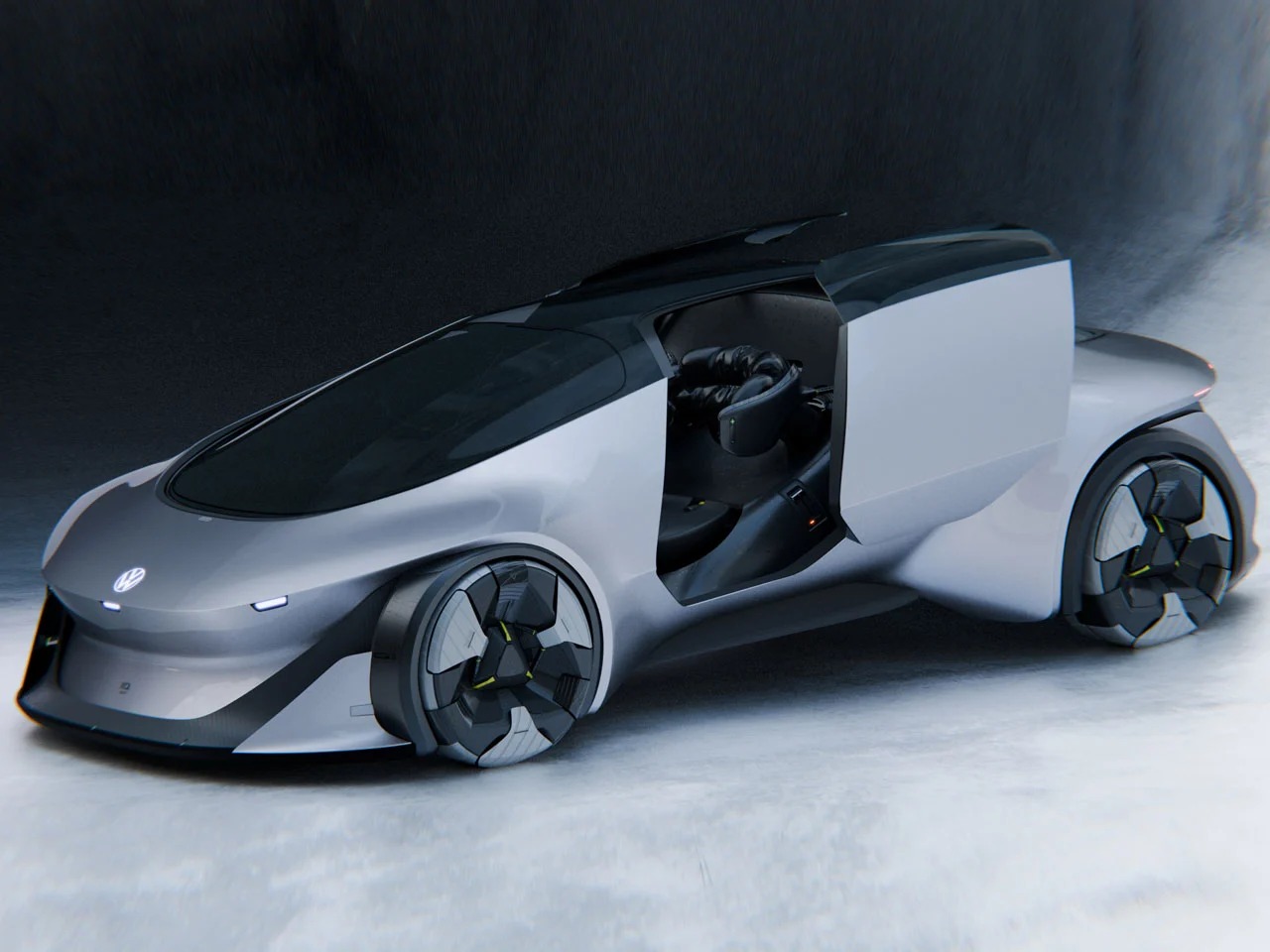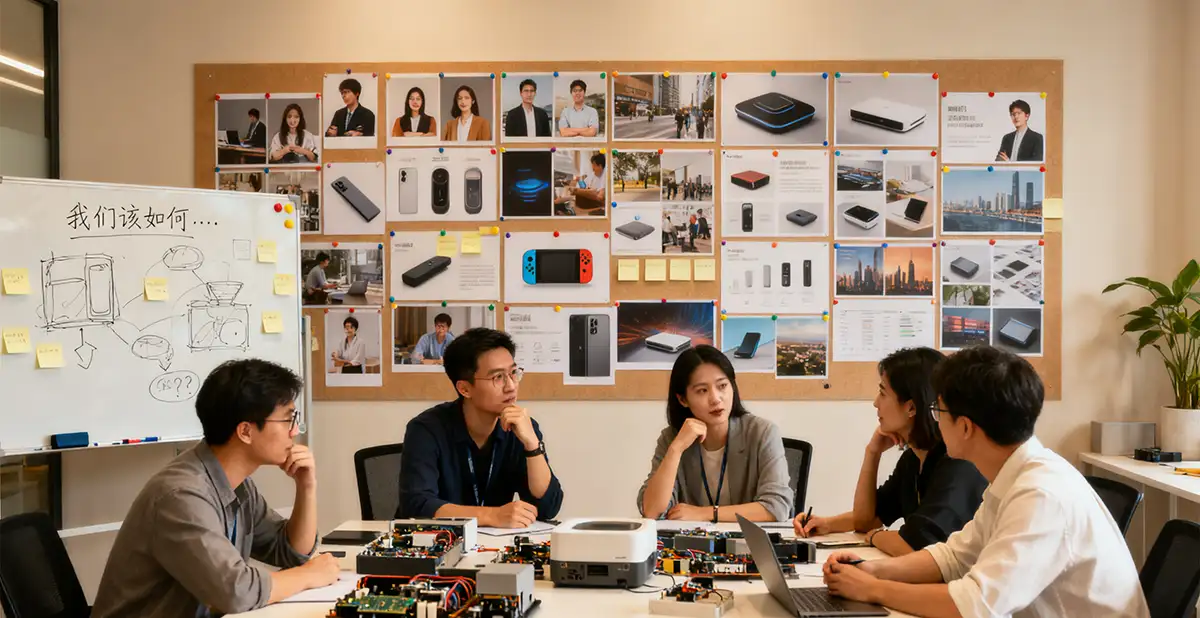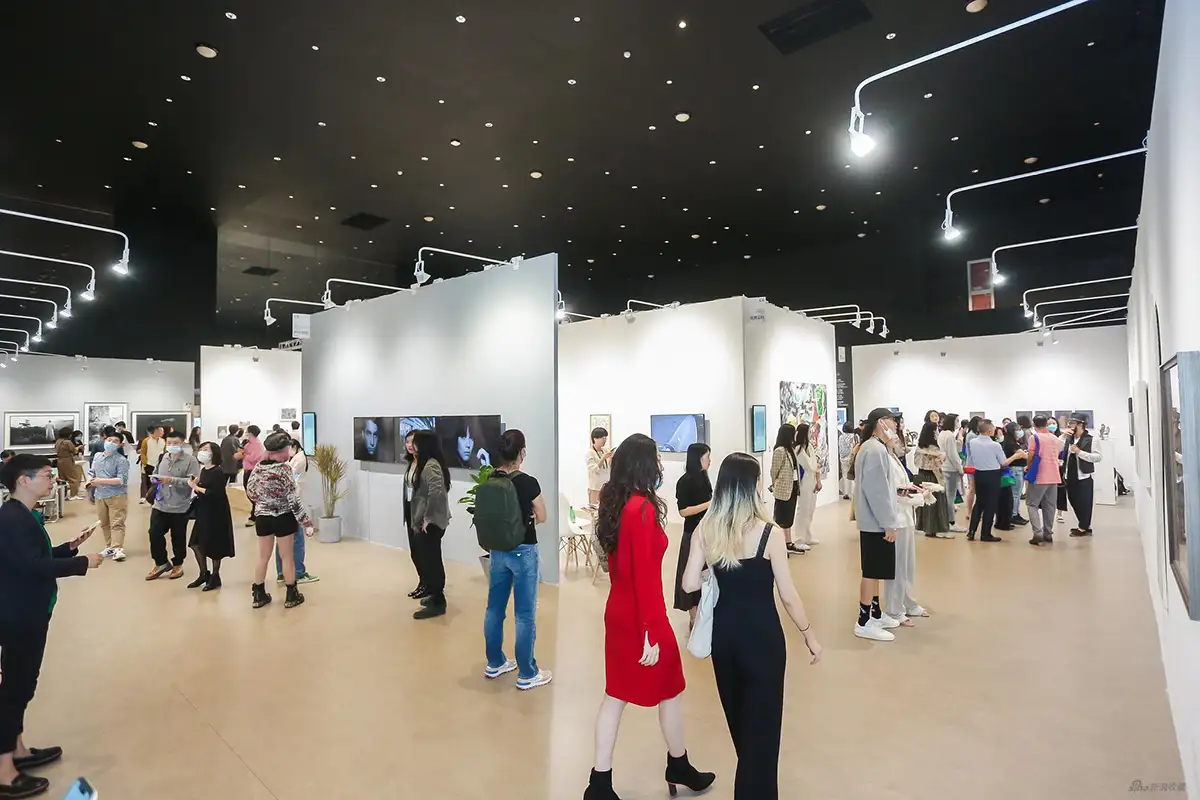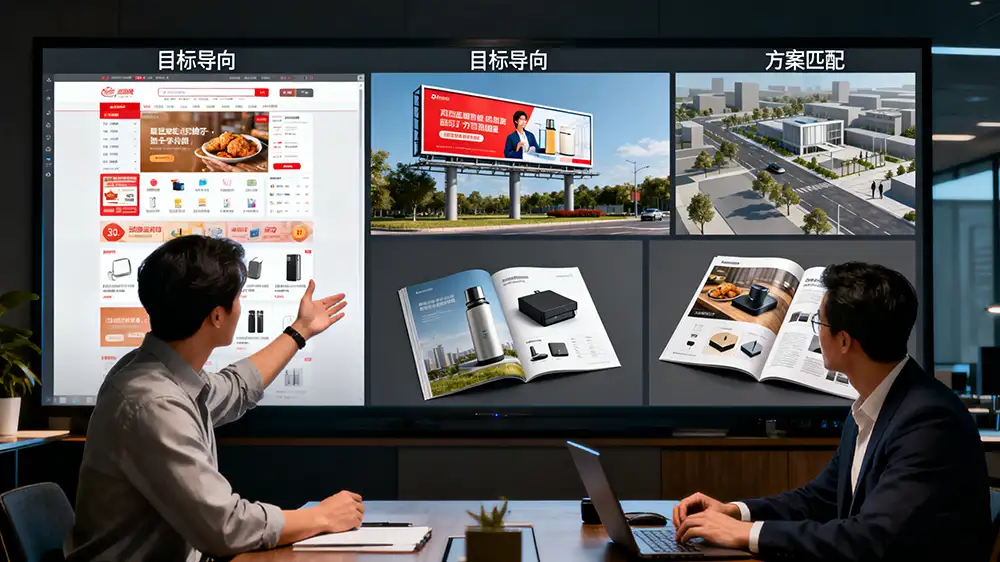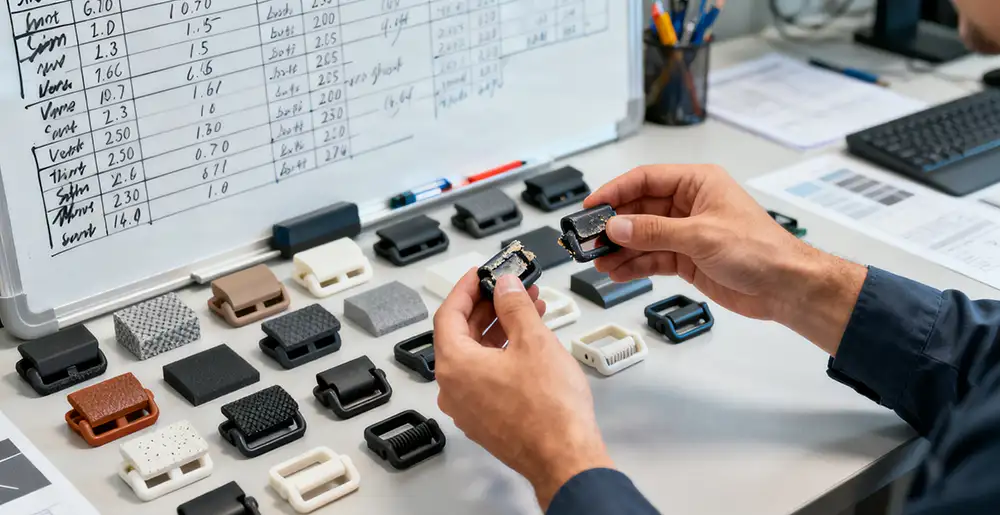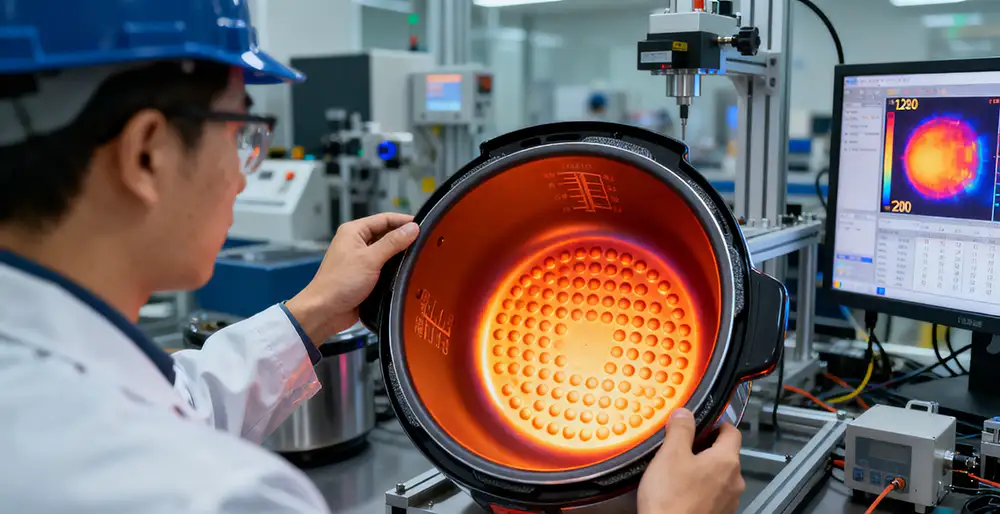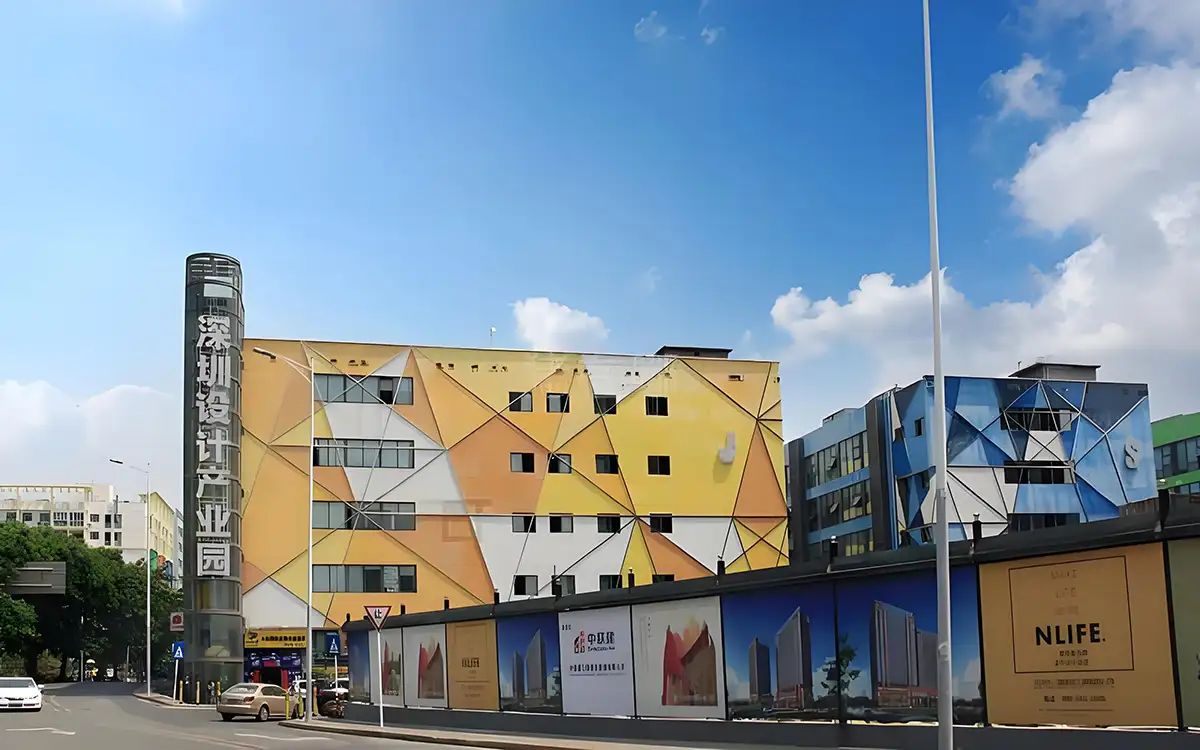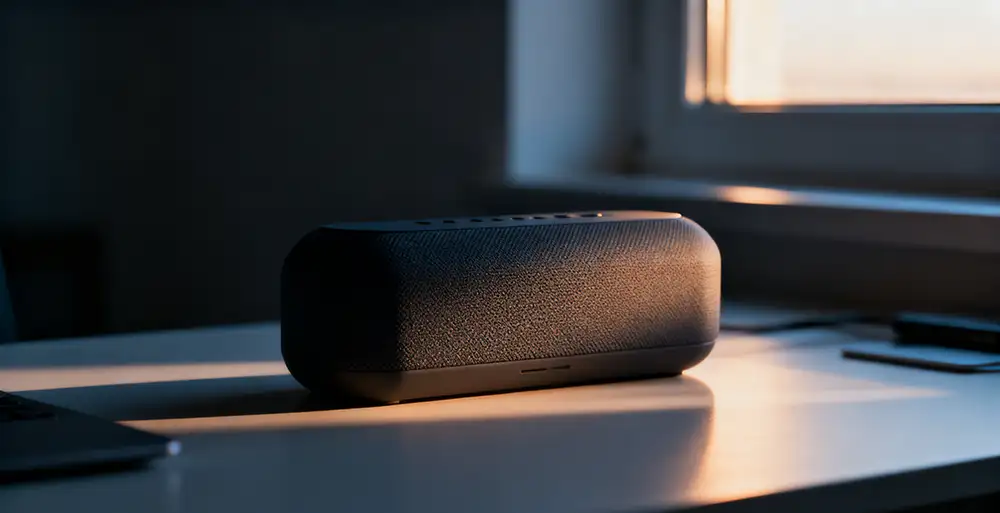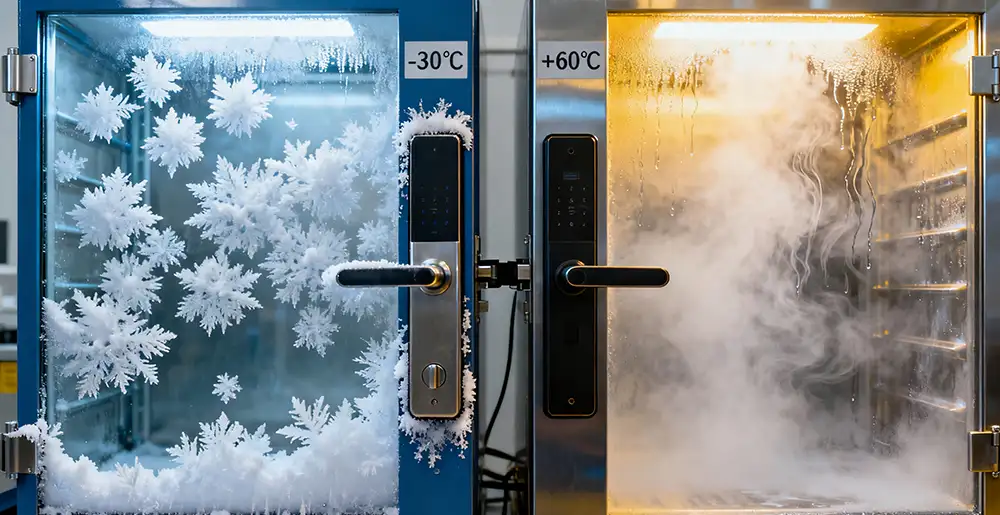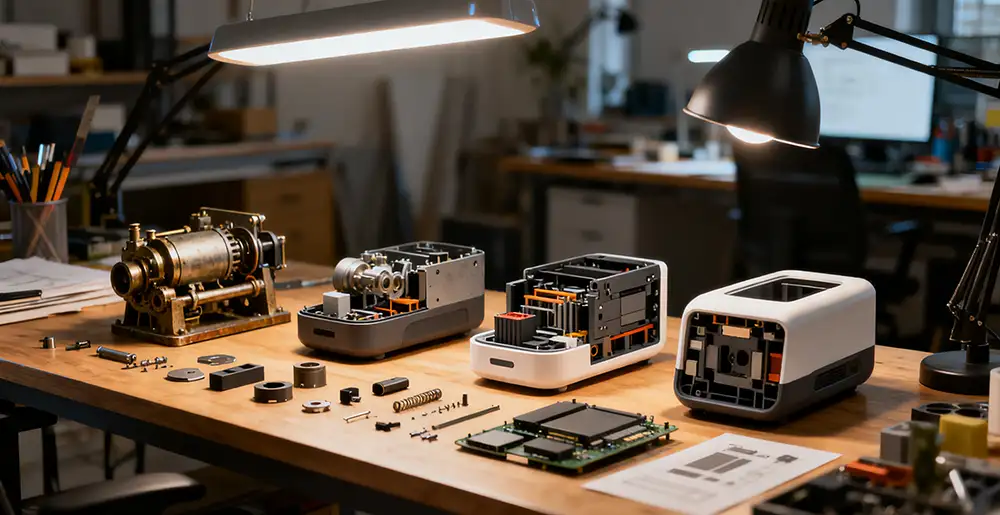NINEIDEA:在深圳这个充满活力与创新的设计之都,工业设计师们面临着前所未有的机遇与挑战。市场竞争日益激烈,产品同质化现象愈发严重,如何让自己设计的产品在众多竞品中脱颖而出,成为每个设计师都在思考的问题。传统的设计思维固然重要,但在这个信息爆炸的时代,有时需要突破常规,运用「反常识」思维,为产品注入独特的魅力,使其自带传播力。这种思维方式不仅能吸引消费者的目光,还能引发他们的兴趣和讨论,从而在社交媒体和口碑传播中占据优势。接下来,让我们一同探讨如何运用「反常识」思维,打造具有强大传播力的产品,这是深圳工业设计师必看的文章。
打破功能常规
功能合并与转化
将一些看似不相关的功能融合在一个产品中。比如设计一款带有空气净化功能的音响,人们通常认为音响只是用来播放音乐的,当它同时具备空气净化功能时,就打破了用户对音响功能的常规认知。再如把充电宝和无线充电器的功能结合,还能当作手机支架,让产品在满足基本充电需求的同时,又有了新的使用场景和价值,自然容易引发用户的讨论和传播。
功能逆向
思考产品常规功能的相反方向。像传统的风扇是吹风,那么可以设计一款主要靠吸气来工作的风扇,通过吸气形成局部负压,将周围的空气和灰尘等吸入并过滤,既可以当风扇使用,又有一定的空气净化效果;或者把传统加湿器从增加湿度逆向为可以适度降低空气湿度,在一些潮湿地区或季节就会成为独特的卖点。
创新外观形态
打破对称与规则
大多数产品都追求对称和规则的外形,我们可以反其道而行之。例如设计一款非对称的椅子,一边高一边低,或者扶手一长一短,在满足基本坐的功能基础上,以独特的外形吸引用户目光;又如设计不规则形状的灯具,如模仿自然中树枝扭曲形态的落地灯,或者像云朵一样无规则轮廓的吊灯,为空间增添别样的氛围。
材质混搭
将一些通常不会搭配在一起的材质组合。比如在木质的手表表盘上,镶嵌上具有科技感的金属线条和玻璃质感的显示区域,让传统的木质材料与现代科技感的材质形成强烈对比;或者用皮革来包裹电子产品的外壳,取代常见的塑料或金属外壳,给人一种柔软又独特的触感和视觉感受。
重构用户体验
交互反转
改变传统的交互方式。比如传统的开关是按下去开启、再按一下关闭,设计成触摸感应后,触摸一次开启,然后手放在上面停留 3 秒才关闭;或者产品的操作界面,常规是从左到右操作,改为从上到下或者从外向内滑动等操作方式。以汽车为例,把传统的手刹改为脚刹,而脚刹的位置和操作方式与常规又不同,形成独特的驾驶操作体验。
体验流程倒置
一般产品是先购买使用,然后才是售后服务。可以设计成先提供免费的试用服务,让用户深度体验一段时间后再决定是否购买;或者产品的维修服务,不是用户送修,而是厂家主动定期上门检查和维护。例如一些高端家具品牌,推出先免费试摆一个月的服务,让用户在自己家中真实的环境中体验家具的效果,满意后再付款,这种反常规的体验流程会让用户印象深刻,从而更愿意去传播。
@NINEIDEA九号创新 www.nineidea.com
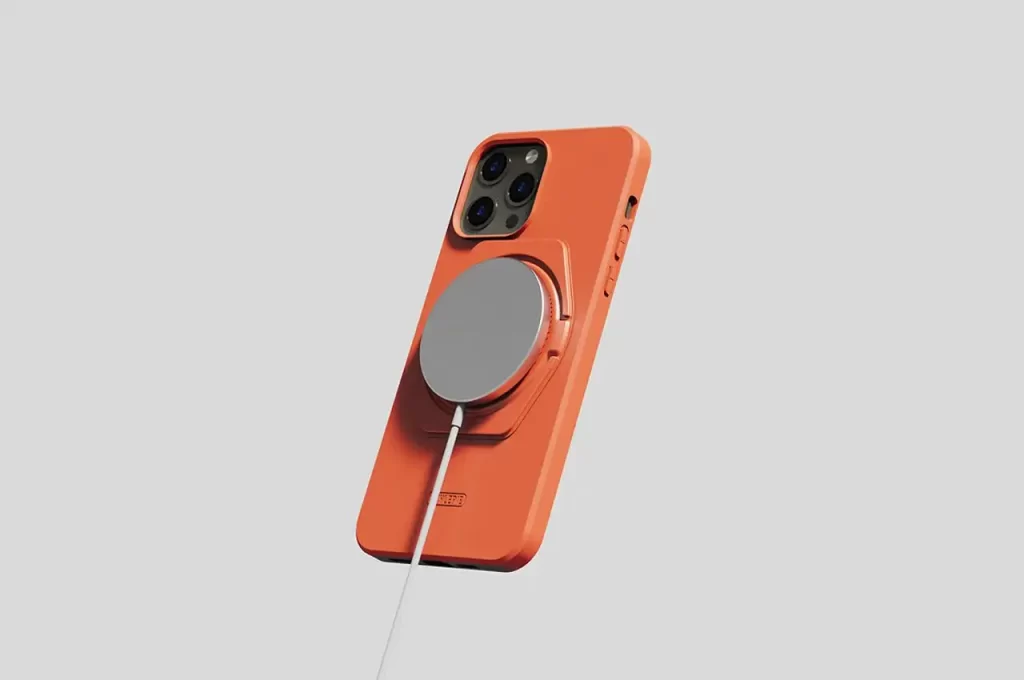
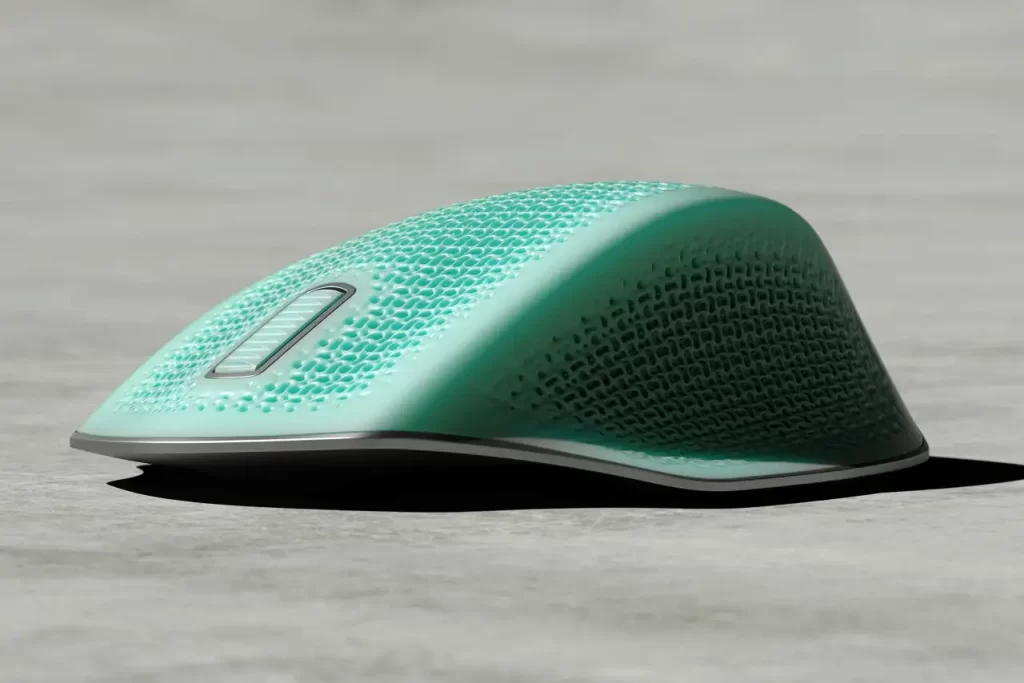
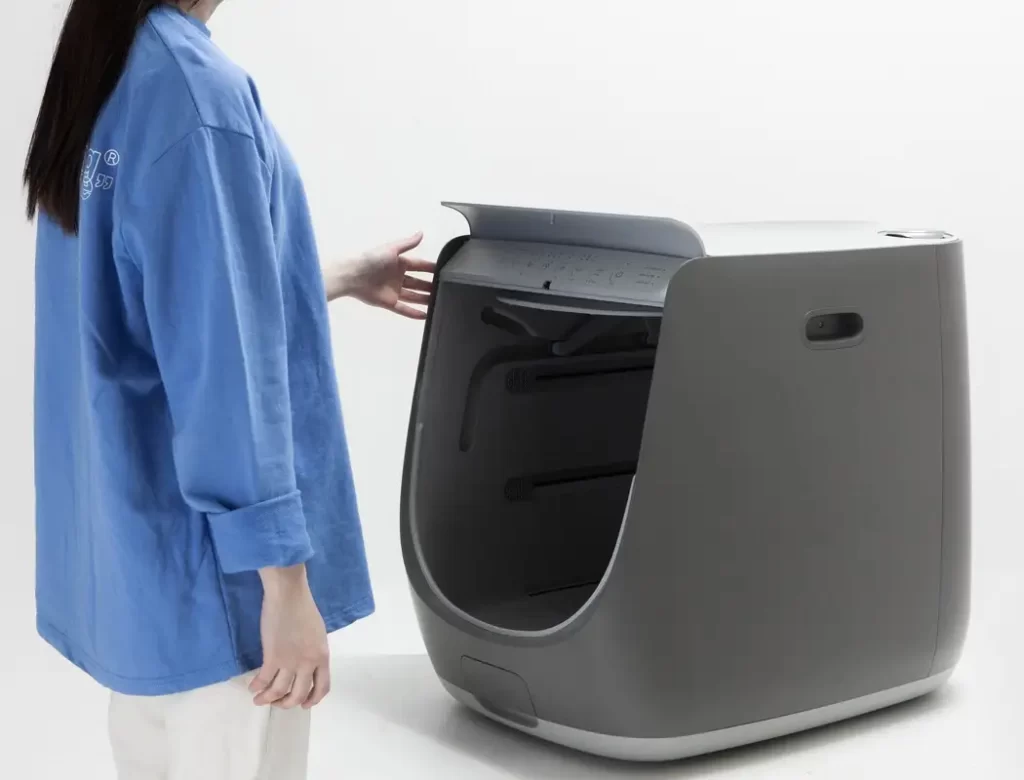
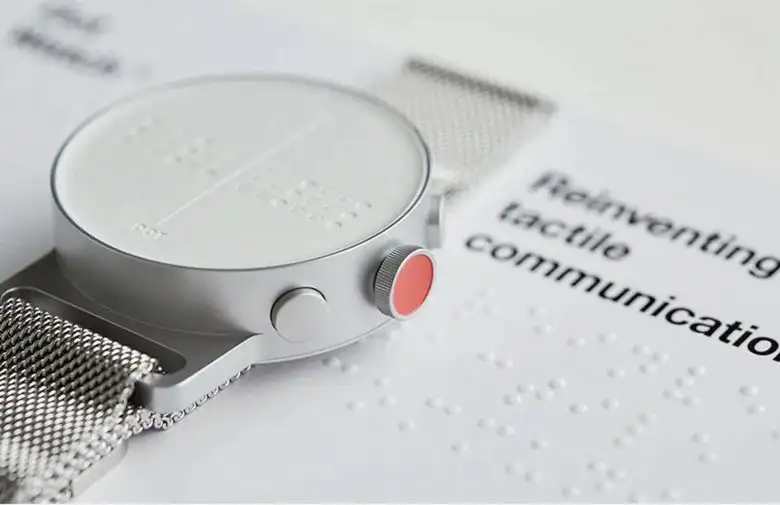
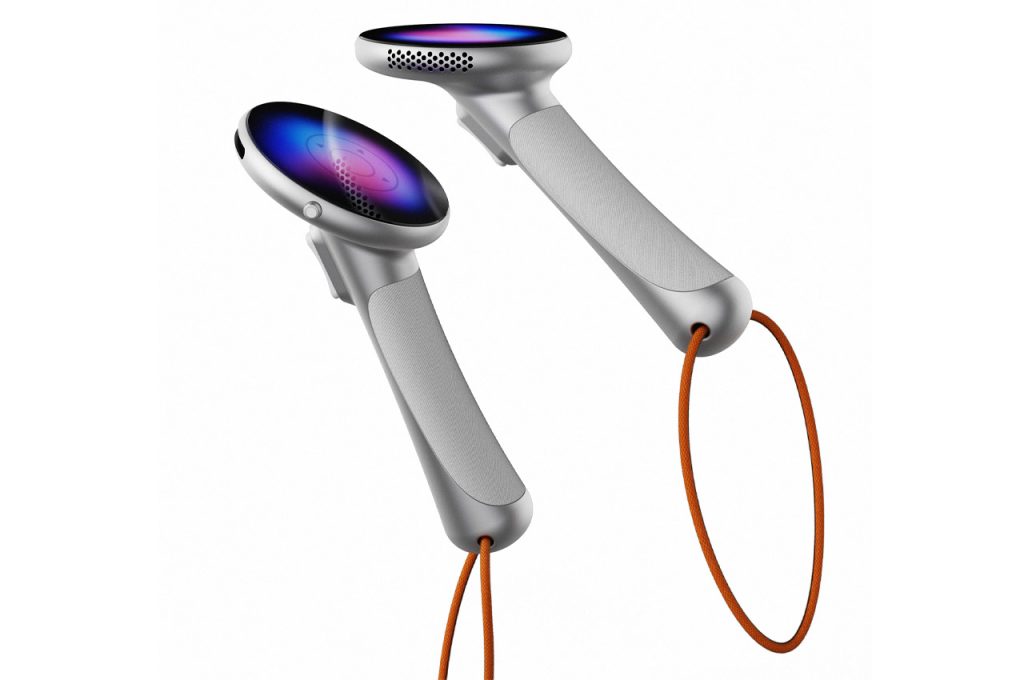
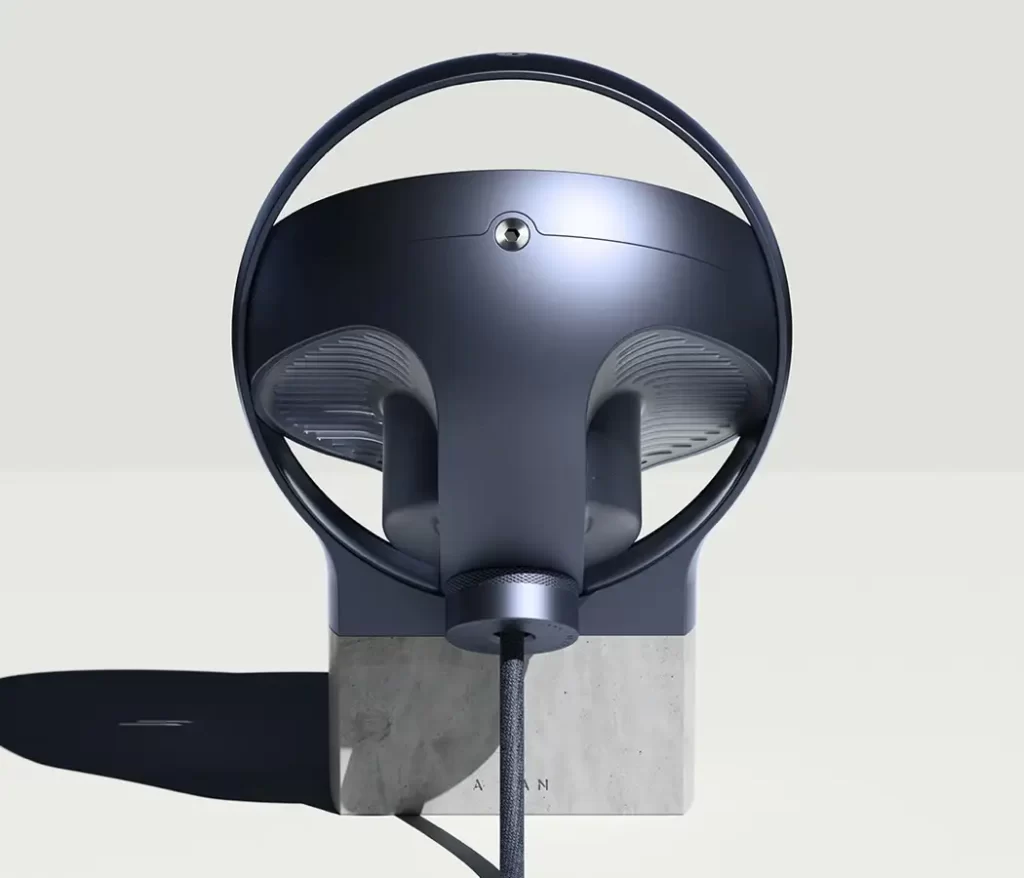
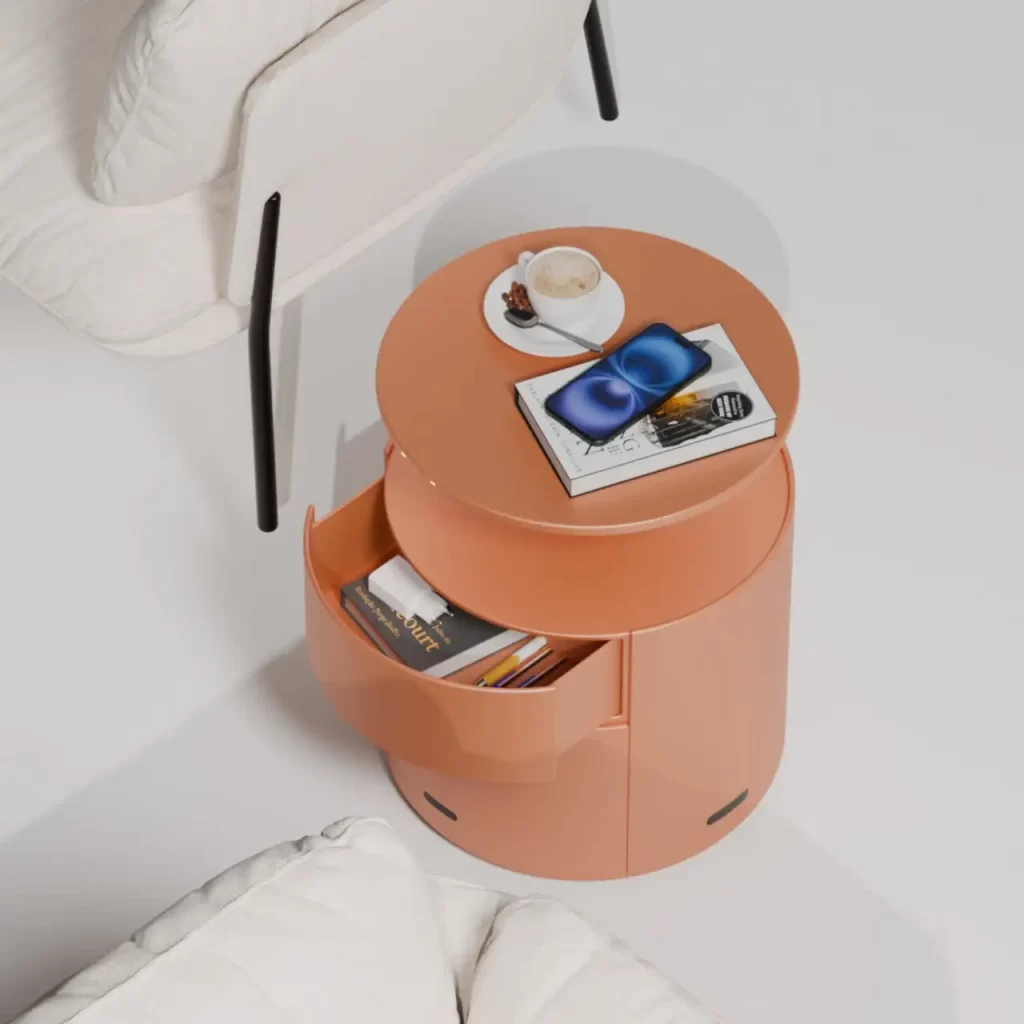
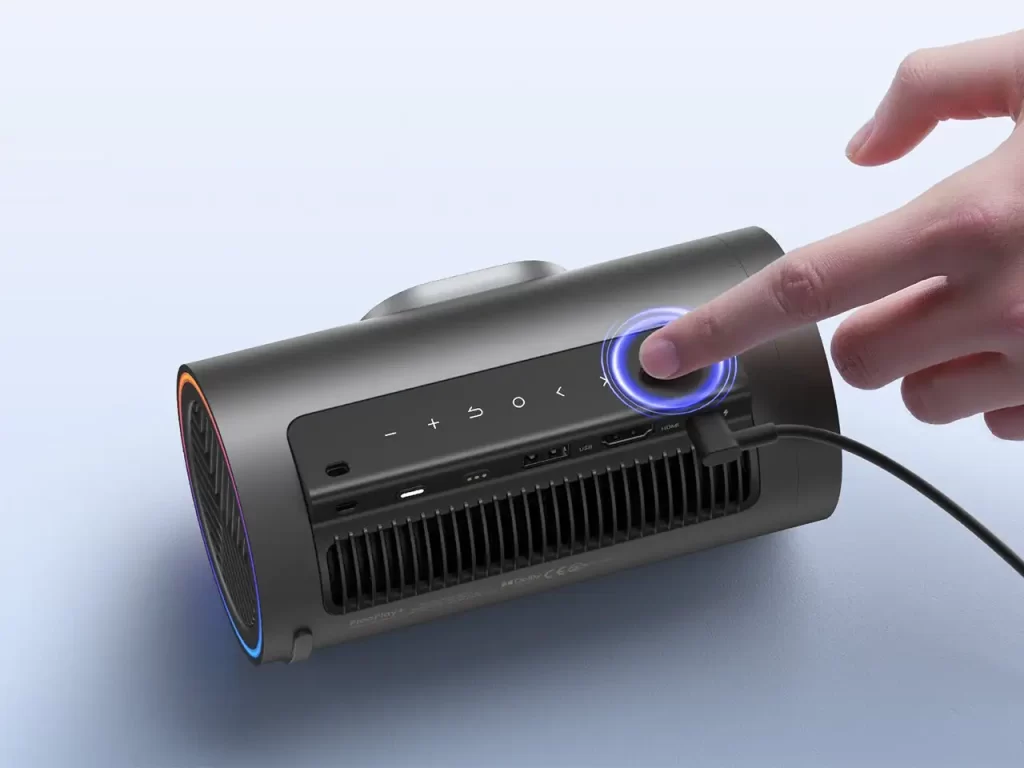
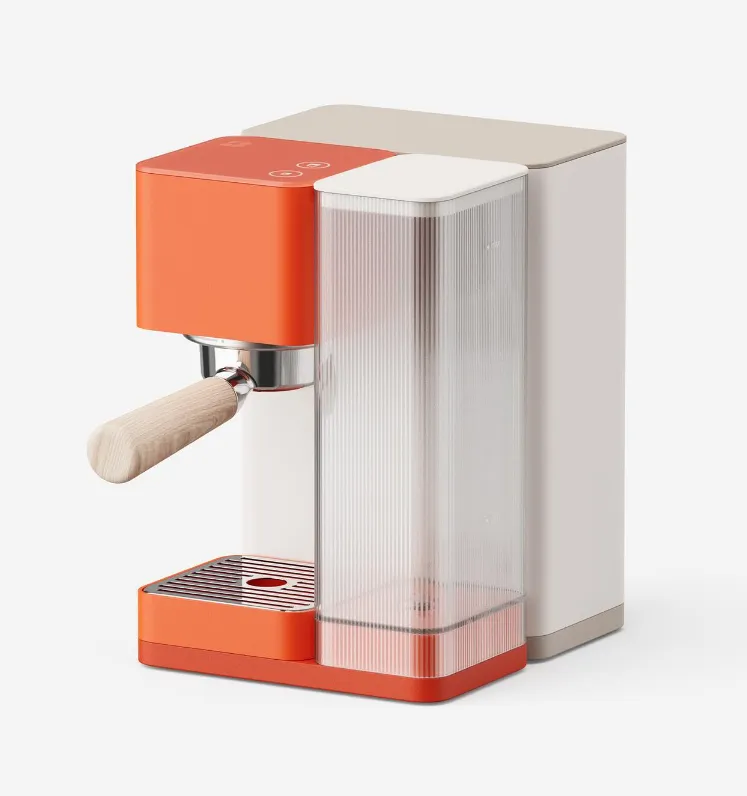
A must see for industrial designers in Shenzhen: How to use “anti common sense” thinking to make products have inherent communication power?
NINEIDEA: In Shenzhen, a dynamic and innovative design city, industrial designers are facing unprecedented opportunities and challenges. The market competition is becoming increasingly fierce, and the phenomenon of product homogenization is becoming more and more serious. How to make the products designed by oneself stand out among many competitors has become a question that every designer is thinking about.
Traditional design thinking is certainly important, but in this era of information explosion, sometimes it is necessary to break through conventions and use “anti common sense” thinking to inject unique charm into products, making them inherently communicative. This way of thinking not only attracts consumers’ attention, but also sparks their interest and discussion, thus gaining an advantage in social media and word-of-mouth communication. Next, let’s explore together how to use “anti common sense” thinking to create products with strong communication power.
Breaking the routine of functionality
Function merging and conversion
Integrating seemingly unrelated features into one product. For example, when designing a sound system with air purification function, people usually think that the sound system is only used to play music. When it also has air purification function, it breaks the user’s conventional understanding of sound functions. For example, combining the functions of a power bank and a wireless charger can also be used as a phone holder, allowing the product to meet basic charging needs while also having new usage scenarios and values, which naturally leads to discussions and dissemination among users.
Reverse function
Think in the opposite direction of the regular functions of the product. Like traditional fans that blow air, a fan that mainly relies on suction can be designed to work by creating local negative pressure through suction, which sucks in and filters the surrounding air and dust. It can be used as a fan and has a certain air purification effect; Alternatively, traditional humidifiers can be reversed from increasing humidity to moderately reducing air humidity, which can become a unique selling point in some humid areas or seasons.
Innovative appearance form
Breaking Symmetry and Rules
Most products pursue symmetrical and regular shapes, and we can do the opposite. For example, designing an asymmetric chair with one side high and one side low, or armrests that are long and short, while meeting the basic sitting function, to attract users’ attention with a unique appearance; Another example is designing irregularly shaped lighting fixtures, such as floor lamps that mimic the twisted shape of tree branches in nature, or pendant lamps with irregular contours like clouds, adding a unique atmosphere to the space.
Material mix and match
Combine some materials that are not usually paired together. For example, on a wooden watch dial, metal lines with a sense of technology and a glass textured display area are embedded, creating a strong contrast between traditional wooden materials and modern technological materials; Alternatively, leather can be used to wrap the outer shell of electronic products, replacing common plastic or metal shells, giving people a soft and unique touch and visual experience.
Refactoring User Experience
Interaction reversal
Change the traditional way of interaction. For example, traditional switches are designed to be pressed down to turn on and then pressed down again to turn off, with touch sensing. After touching once, the switch is turned on, and then the hand is placed on it for 3 seconds before turning off; Or the operating interface of the product, which is usually operated from left to right, can be changed to sliding from top to bottom or from outside to inside. Taking cars as an example, the traditional handbrake is replaced with a foot brake, and the position and operation of the foot brake are different from the conventional one, creating a unique driving experience.
Reverse the experience process
Generally, products are purchased and used first, followed by after-sales service. It can be designed to provide free trial services first, allowing users to deeply experience for a period of time before deciding whether to purchase; Or the maintenance service of the product is not about the user sending it for repair, but about the manufacturer taking the initiative to conduct regular on-site inspections and maintenance. For example, some high-end furniture brands offer a one month free trial display service, allowing users to experience the effect of furniture in their own real home environment, and then pay after satisfaction. This unconventional experience process will leave a deep impression on users and make them more willing to spread it.
@NINEIDEA九号创新 www.nineidea.com










